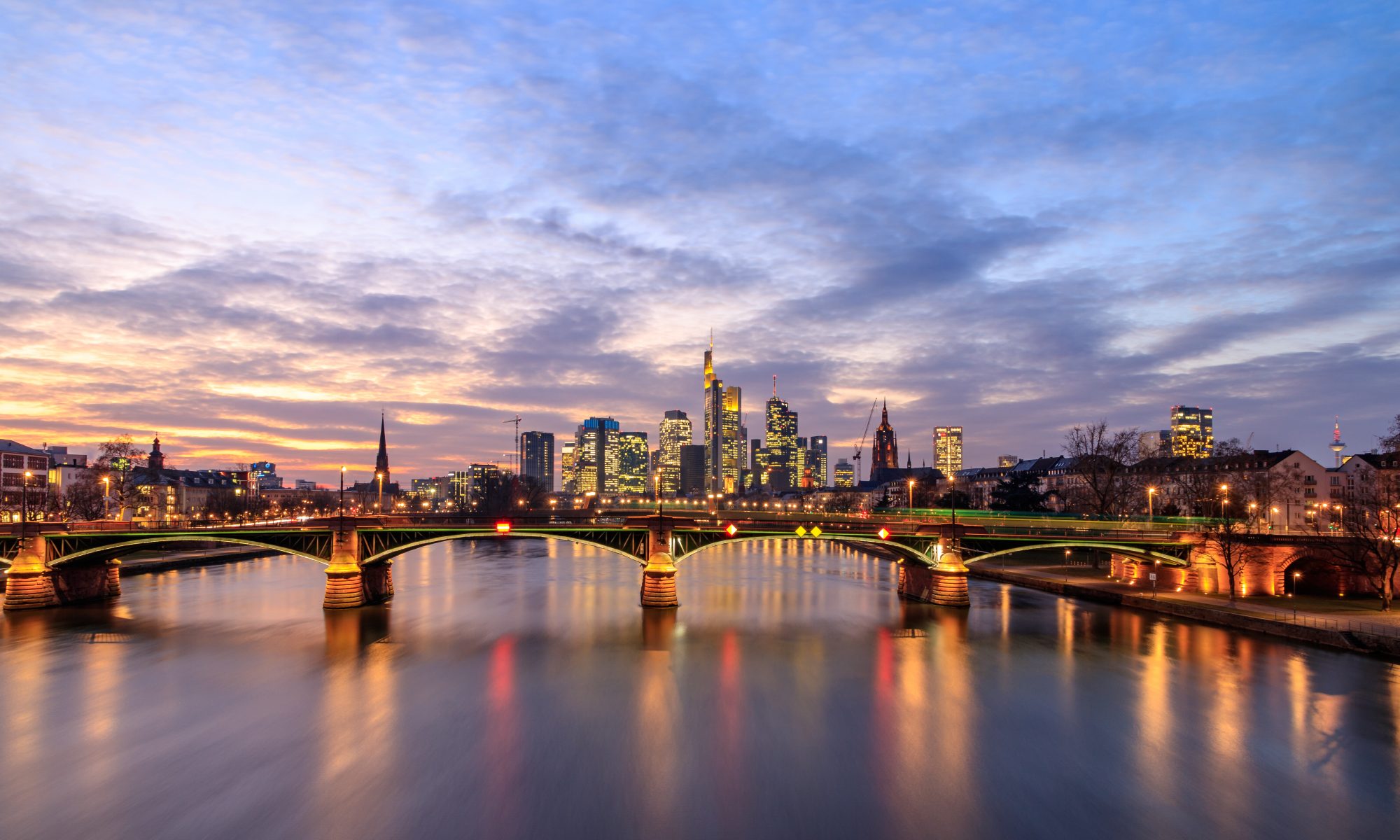In the beginning, I had a lot of fun with alcohol. It gave me confidence and made me the person I always wanted to be. I could finally talk freely to people and felt comfortable in my skin. When the high was over, those feelings of constant fear of my fellows and depressive feelings quickly came back. Alcohol was definitely the solution to a huge problem I had whenever I was sober.
From the beginning I had no real control over how much I drank, blacked out and ended up throwing up in the corner. But that was something I gladly accepted for the magical effect of alcohol.
I would have preferred to be drunk all the time, and when I started studying I made that a reality. I was always at home drinking when I actually had lectures or other appointments. I also started consuming other substances on a daily basis. For the first time, I wanted to drink less or take breaks, but I couldn’t manage it. Instead, I was drunk every day. I got very depressed, had problems concentrating and my feelings of anxiety increased to the point where I had problems with simple situations like taking the train or bus, or going shopping. I isolated myself more and more and broke up with my girlfriend. My friends were so horrified by the things I did or said while intoxicated that they cut me out of their lives more and more. I did crazier and crazier things when I was drunk and had less and less control once I started. I had problems with anxiety attacks when I smoked weed, but I could never say no to it either.
I knew I had to change something and sought help from doctors and psychotherapists because I was convinced that my problem was my anxiety and depression and that once I overcame these problems, the alcohol problem would go away on its own. I thought I could then go back to drinking like I used to. I put all my hope in psychotherapy but couldn’t be honest about alcohol and drugs. Neither could I change things or implement recommendations.
After a few relapses, I was finally honest and immediately got the recommendation to go to Alcoholics Anonymous. At first I categorically refused. I was very afraid of being an alcoholic. After 2 more years of relapses and shorter or longer dry periods, I went into long-term therapy and from there to Alcoholics Anonymous. I could identify very strongly with the drinking trajectories and had a very strong feeling that I just had to do these recommended actions. I knew that I would relapse if I didn’t do it and that I would slowly die. Getting a sponsor in this group to guide me through the 12 steps was key. The pressure of addiction was taken off me almost immediately and has not seriously returned since. By the way, the 12 steps gave me a new life. I would never have expected that. My relationship with my family has become peaceful and I have made new friends and feel able to be a good friend and fellow human being. I am not constantly plagued by anxiety and depression and can enjoy life without this “dark cloud over my head”. But I am not free from the disease of alcoholism, when I neglect the spirituality of the 12 Steps in my daily life, old behaviours and ways of thinking that lead me back to drinking come back with impressive speed and often in sneaky ways. I can’t trust my own head when it comes to alcohol. Fortunately, if I follow the daily plan recommended by my sponsor, I don’t have to worry too much about that. I try to keep in mind the state of helplessness and desperation that led me to Alcoholics Anonymous. For me, that means continuing to follow my sponsor’s recommendations and working the 12 steps, one day at a time, without “ifs” and “buts”. Never did I think that solving my drinking problem through the steps would also solve the other numerous problems in my life. I can only recommend anyone with a drinking problem to take a sponsor and try out the 12 steps according to our basic text the “Big Book”. For me, it could have been much worse, but I would never trade this new addiction-free life for the best days of my old life.
Patrick
